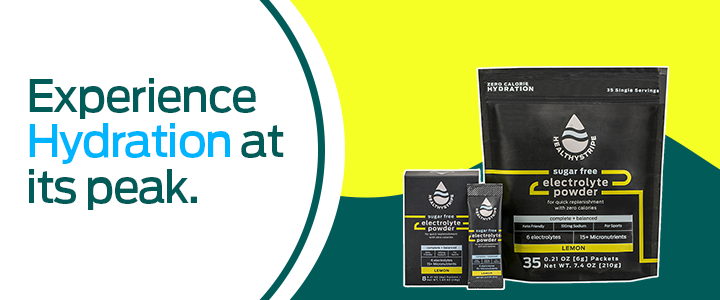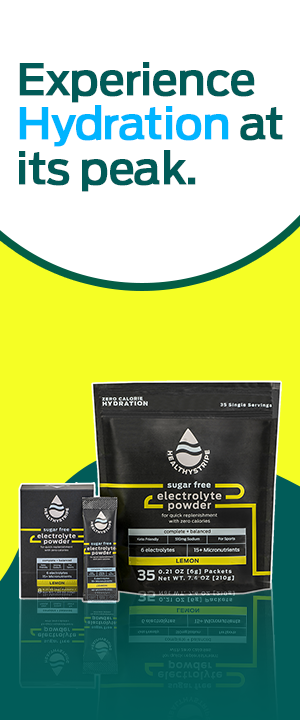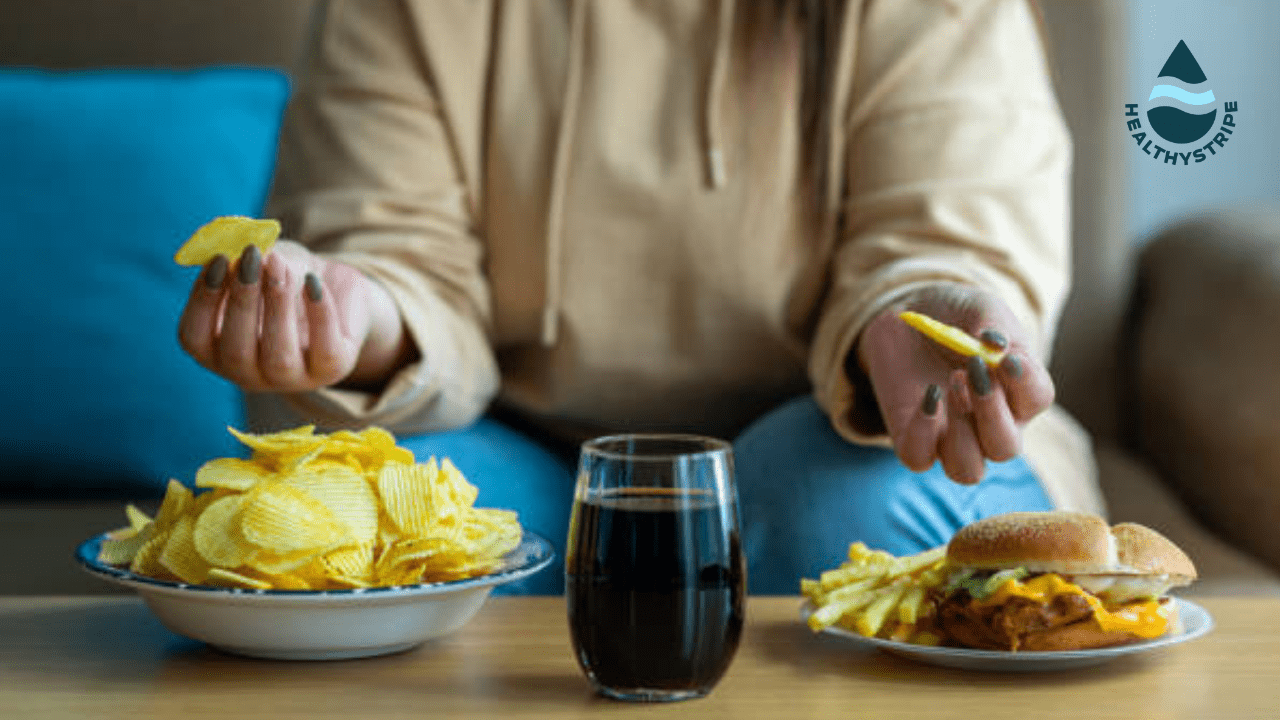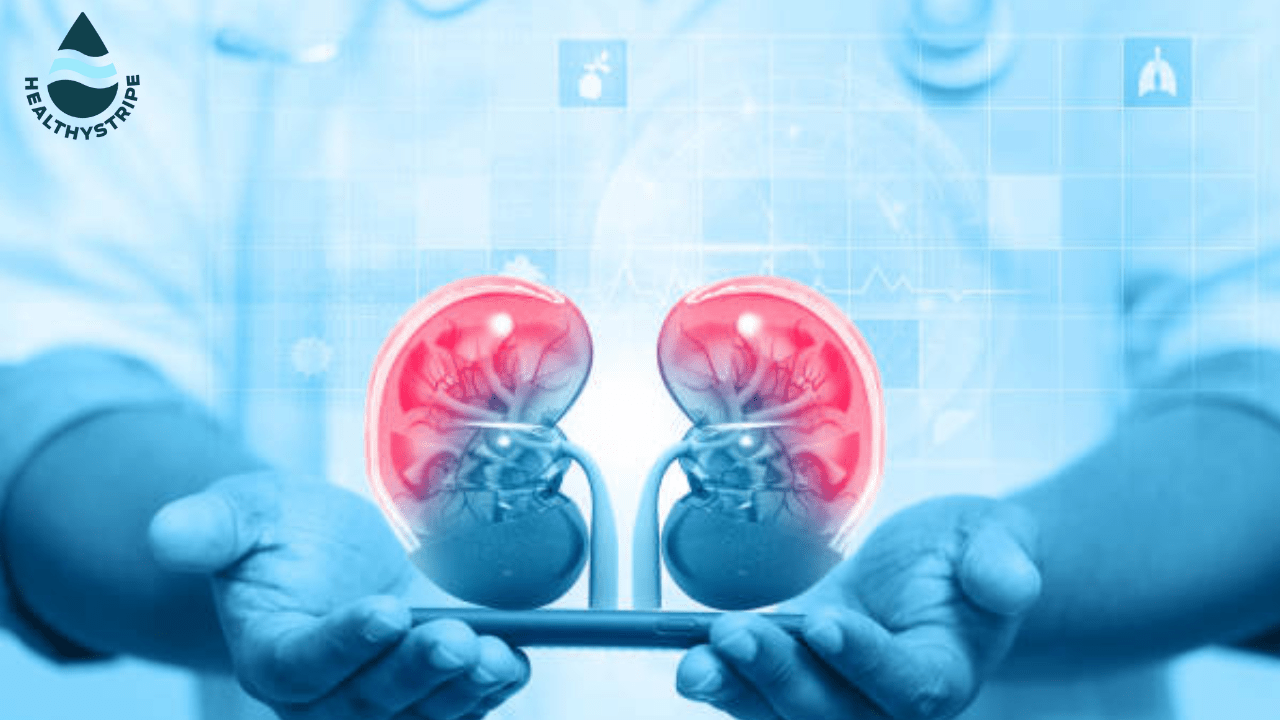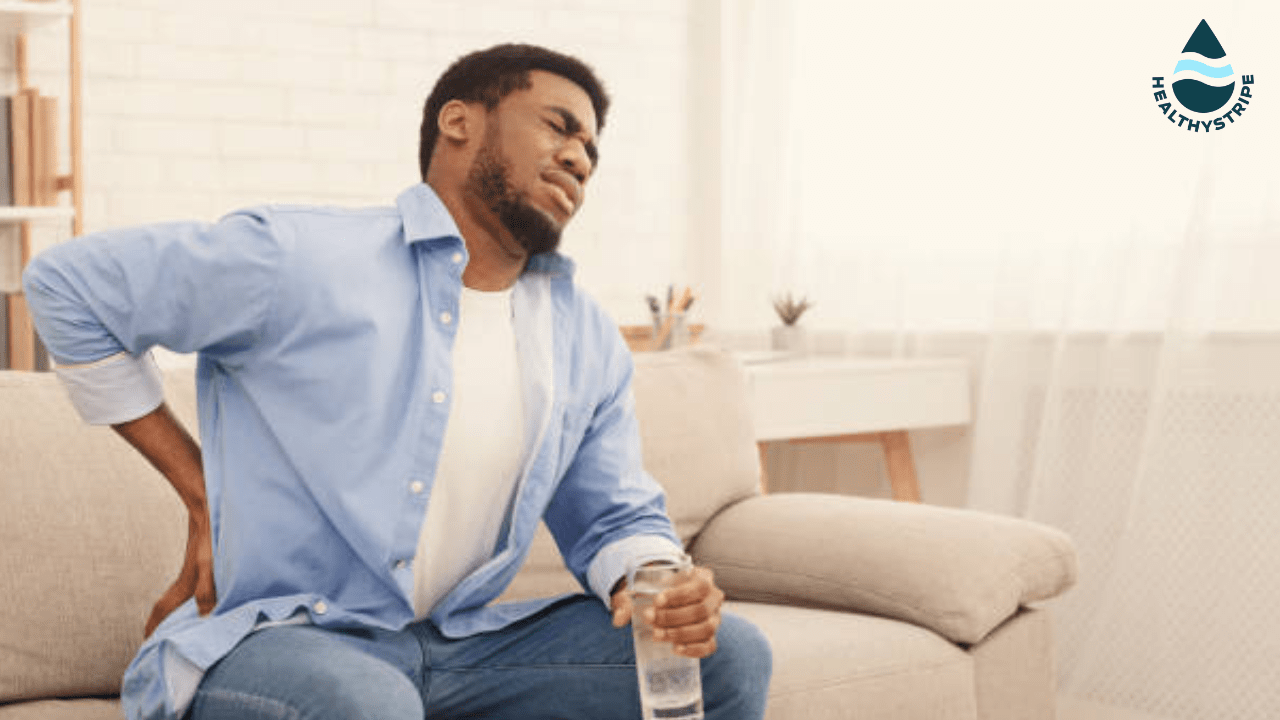
Imagine sleeping peacefully, and a sharp pain in your calf suddenly wakes you up. Oh, it’s a muscle cramp. Ouch! It’s the middle of the night, and you are in agony thinking about how to prevent muscle cramps like these. But these unwelcome guests don’t just stick to nighttime; they can crash your daytime activities, too.
In this blog, you will learn how to stop muscle cramps and kick them out of your lives. You’ll discover why they occur and how to prevent muscle cramps. So jump into the next section and say farewell to those painful wake-up calls and ouch moments during your everyday activities.
What is a muscle cramp?
A muscle cramp is a sudden, involuntary, and painful contraction lasting seconds to minutes. A palpable muscle knot can also be present, leaving a person immobile during this episode.
Current Sports Medicine Reports say that skeletal muscle cramps frequently affect athletes and individuals engaging in various physical activities. Exercise-induced muscle cramps are usually seen in athletes due to electrolyte imbalance and poor conditioning of muscles, causing fatigue and symptoms of muscle cramps.
How common are muscle cramps?
Feeling stuck with this sharp pain, you are not alone in this chaotic condition. Do you want to know the incidence of occurrence of muscle cramps? According to Giuriato, muscle cramping affects approximately 50-60% of healthy individuals. The National Library of Medicine states that these rude cramps affect 80% of the calf muscles.
Also, it is reported by a multi-center American study that 74% of muscle cramps occur in hot weather conditions and mostly in the athletic population like football players and runners.
Research was conducted in 2015 to find the prevalence of musculoskeletal dysfunctions among Indian pregnant women. This study concluded that Indian pregnant women often face muscle cramps in the last trimester, mostly in their calf muscles, about 64.6% of them.
What Are the Causes and Symptoms of Muscle Cramps?
To understand how to prevent muscle cramps, you must know the causes and symptoms of muscle cramps.
In this section, you’ll explore the causes of muscle cramps and what symptoms appear when experiencing them.
Causes of Muscle Cramps:
The American Academy of Orthopaedic Surgeons has highlighted the following causes of muscle cramps:
- Idiopathic cramps
- Dehydration
- Fatigued muscle
- Increased/abnormal muscle fibre activity
- Physical activity in heat
- High-intensity exercise (either during or after the exercise)
- Electrolytes (minerals and salt) imbalance.
- Not stretching the muscle before physical activity/exercise.
Resource: https://pubmed.ncbi.nlm.nih.gov/9232553/
Some pathological conditions that can cause muscle cramping, mentioned in the stat pearls by the National Library of Medicine, are the following:
- End-stage kidney disease
- Fibromyalgia
- Cirrhosis
- Cramp fasciculation syndrome.
Symptoms of muscle cramps:
Muscle cramping is itself a symptom of various underlying health issues. According to the study published by Exercise and Sport Sciences Reviews, it can be characterized by the following:
- Sudden pain contraction of the muscle
- Involuntary
- Localized
- Sharp in nature
- Muscle feels hard on touching
These symptoms may leave a person immobile for seconds to minutes. It is important to identify these symptoms, and if it is happening more than often, you should focus on how to prevent muscle cramps or get medical care.
How to Prevent Muscle Cramps?
From all the discussion above, you now have a fair idea of what causes muscle cramps and how to identify them. Let’s talk about how to prevent muscle cramps. Here are the top six tips to help you stop muscle cramps and continue your daily pain-free activities.
- Carbohydrate or Electrolyte Drinks
Carbohydrate or electrolyte drinks (magnesium, potassium, and sodium) can prevent muscle cramping, especially in athletes. Intaking these drinks can boost glycogen buildup in your muscles, the energy source. This glycogen storage will delay the fatigue onset. Thus, it can save you from cramps. The National Athletic Trainers’ Association also recommends these drinks for physically active individuals as a fluid replacement to stop muscle cramps from occurring.
The following drinks are good for preventing muscle cramps and promoting hydration as well:
- Milk contains carbohydrates, minerals, and vitamins essential for muscle health.
- Orange juice is a good source of energy, containing magnesium and potassium.
- Coconut water contains essential minerals and is beneficial for hydration.
- Banana smoothie: One banana contains 487 mg of potassium. A study showed that women taking less potassium in their diet are more prone to muscle cramps.
So, who says caring for health and stopping muscle cramps must be boring? Not at all; you can have any drink of your choice, please your tastebuds, and say goodbye to cramping. Suggest these drinks to your friends and family and let them know how to prevent muscle cramps.
- Stretching
Sports Health in 2010 said that stretching is effective as a primary treatment and prevents cramps. While stretching, you lengthen and align the fibers and spindles, preventing muscle knot formation during activity.
Include stretching in your daily routine. Stretch before you start playing football or tennis. You can stretch your calves, thighs, back, and neck muscles. It will maintain the length of muscles as well as reduce the occurrence of cramping.
- Neuromuscular Training
Neuromuscular training is like teaching your muscles and brain to work together better. The case study of a 42-year-old athlete who had a problem with muscle cramps during races, so he was given a 24-week training program to make his buttock and thigh muscles stronger and coordinate better with his brain. After this training, he finished the races without any thigh muscle cramps. It’s like teamwork between his muscles and brain improved, helping him perform without those painful cramps.
If you love working out but are scared of cramps, relax, start training your brain and muscles together to dith the cramps, and follow your fitness passion.
- Potassium Rich Food
According to the National Institute of Health, the recommended potassium intake for males and females is 3,400 mg and 2,600 mg, respectively. Potassium is essential for muscle contraction, nerve transmission, and healthy kidney function. Its deficiency can cause muscle fatigue, leading to cramps.
Here are five potassium-rich foods you can include to prevent muscle cramps healthily.
- Dried apricots
- Lentils
- Raisins
- Potatoes
- Kidney beans
- Avoid exercising in Heat
During sports and intense physical activities, you may sometimes experience muscle cramps due to the heat. According to a review article from the Journal of the American Academy of Orthopaedic Surgeons, this happens when you sweat a lot and lose important minerals, like electrolytes. This loss of minerals is thought to be the main reason behind these cramps.
- Acclimate before working out
If you are going to work in hot weather, you should acclimate, meaning let your body adjust to the temperature before it. It’s important to let your body get used to different temperatures to avoid cramps. Gatorade Sports Science Institute says that by adapting to the environment before strenuous exercise, your metabolism can adjust to the new conditions. For instance, when it’s hot, your body temperature goes up fast, which can mess up your metabolism.
So, always warm up before going out in the heat for some activity session.
Including these five tips in your daily life can help you stay healthy and active and reduce the risk of cramping events.
When to See a Doctor for Muscle Cramps?
Though it is not a life-threatening condition, muscle cramps because of an underlying condition could be. According to the National Health Service UK, you need to see the doctor if you identify any of these:
- Sleep disturbance due to muscle cramps
- Swelling or numbness in the leg or ankles
- Muscle cramps staying for more than 10 minutes
- Discoloration or redness of skin on the site of cramps
- Muscle Weakness
- If the cramps are not managed by home care.
If you face any of the mentioned consequences, book an appointment with your general physician and get a proper checkup.
Conclusion
Muscle cramps can be bothersome and disturb your sleep and everyday activities.
In this article, you’ve successfully discovered why muscle cramps occur, the symptoms, and how to prevent muscle cramps. Now that you know better, it’s time to take action and stop muscle cramps that hinder your activities. Remember to stretch, drink fluids like water and orange juice, eat foods with potassium, adjust your body to the exercise environment if you are an athlete, and think about neuromuscular training. These are easy things to do to help you say goodbye to those cramps. Share these tips with your family and friends to help them ditch this painful surprise event.
But if cramps keep bothering you or causing more trouble than usual, don’t hesitate to talk to a doctor. Your health is what matters most, and getting expert advice is a smart move.
So, let’s work together for a life without cramps. Here’s to nights of good sleep and days free from pain!
What deficiency causes muscle cramps?
Following are the two minerals that are responsible for muscle contractions, so their deficiency causes muscle cramps:
- Calcium
- Magnesium
What are the Best drinks to prevent muscle cramps?
The following are the best drinks to prevent muscle cramps, as they contain carbohydrates, potassium, magnesium, and other essential minerals:
- Milk
- Orange Juice
- Coconut water
- Banana smoothie
What foods stop muscle cramps?
Foods that are rich in water and potassium are beneficial in preventing and stopping muscle cramps.
Following is the list of foods that you can incorporate into your diet plan to stay away from these rude cramps:
- Dried apricots
- Lentils
- Raisins
- Salads
- Salmon
- Watermelon
What are the Home Remedies for Muscle Cramps?
Following are some remedies that you can apply at home to stop muscle cramps:
- Take a painkiller
- Stretch the muscle
- Massage on the cramp site to increase blood flow
- Apply heat wrap
- After heat, you can also use a cold pack




